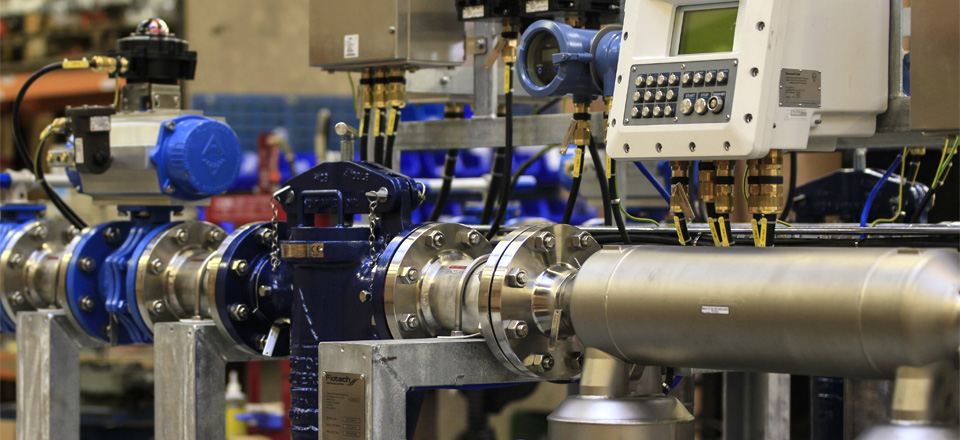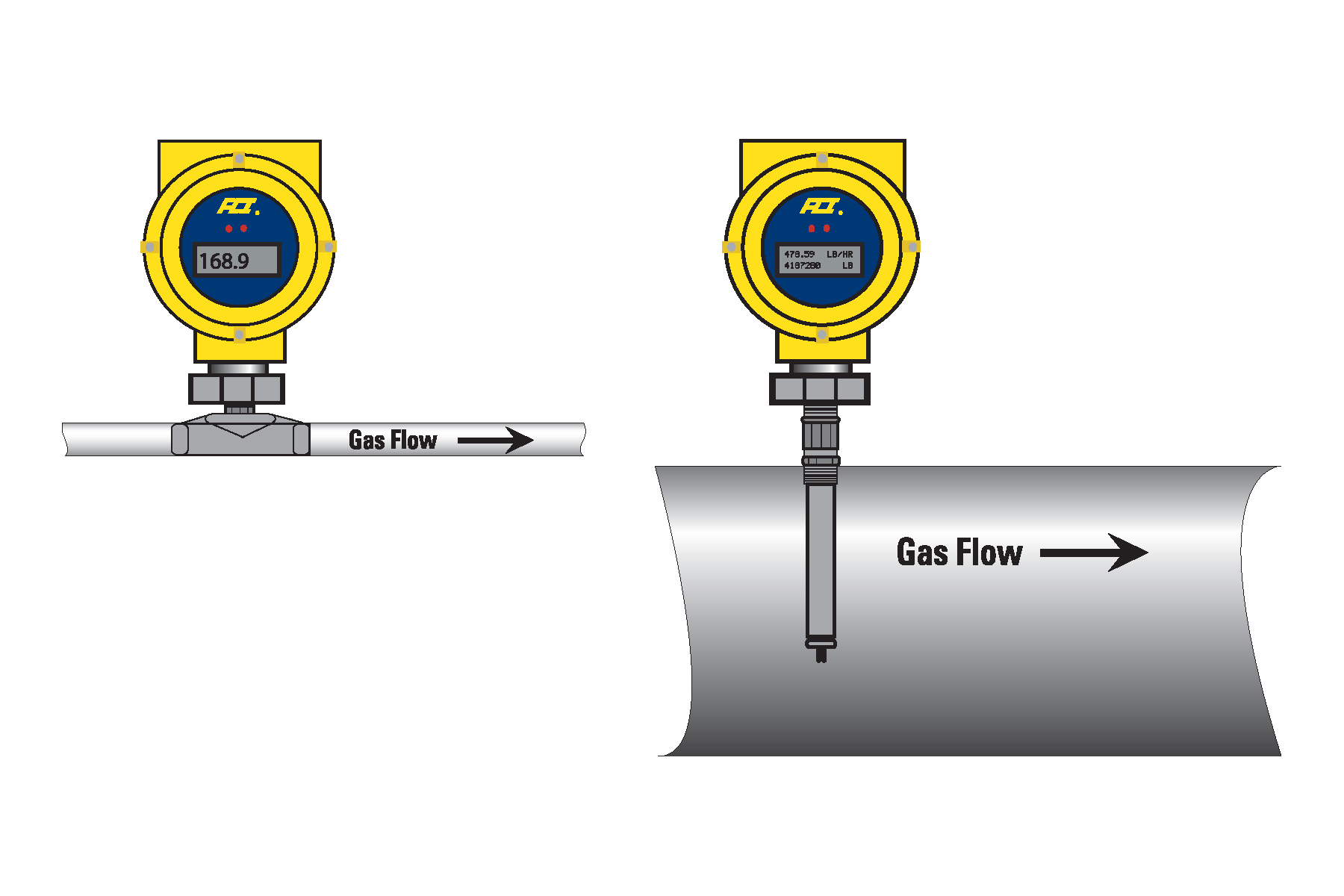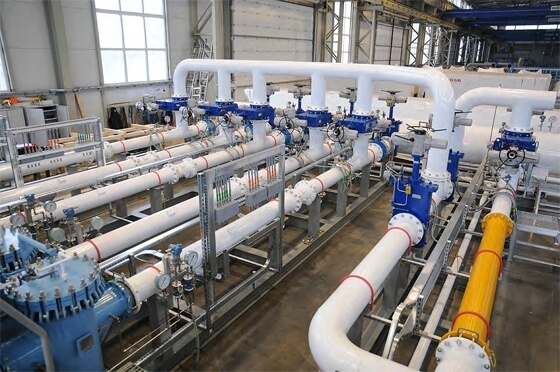

The seminar focuses on transferring knowledge that is relevant and applicable to fiscal metering systems, in a manner that is deemed to be insightful and meaningful. At all times, the abilities of the delegates are considered, and the instructor interaction and participation revolves around this.
There are a wide variety of people that will find this workshop beneficial. Everyone involved in fiscal flow measuring systems (from management to workers) stand to gain tremendous knowledge from the material being presented.
|
This seminar is suitable to a wide range of professionals but will greatly benefit: |
Several training techniques are utilized. Theoretical components are presented in small chunks, which allows for the maximum transfer and retention of information. The use of video material is included, to reinforce theoretical understanding. Practical exercises form the basis of the seminar, and these are either done in an individual or a group environment, depending on how the greatest effect may be achieved. The seminar starts and ends off with a pre-and post-course evaluation, and includes an Internet based assessment at the end of each chapter, to evaluate individual understanding.
DAY 1
Properties of Fluids and Applicable Gas Laws
DAY 2
Aspects and Characteristics of Measurement and Meter Performance
DAY 3
Differential Pressure, Positive Displacement and Turbine Flow Meters
DAY 4
Ultrasonic, Turbine, Electromagnetic Flow Meters and Coriolis Mass Flow Systems
DAY 5
Measurement Systems, Sampling, Proving and Equipment that is Specific to Flow Computing
CDGA attendance certificate will be issued to all attendees completing minimum of 75% of the total course duration.
| Code | Date | Venue | Fees | Register |
|---|---|---|---|---|
| PE134-02 | 17-05-2026 | Doha | USD 5450 | |
| PE134-03 | 16-08-2026 | Dubai | USD 5450 | |
| PE134-04 | 15-11-2026 | Amman | USD 5450 |

This intensive five-day course covers the fundamentals of Gas Flow Measurement including how to sample, analyze, and determine measurements rigorously. The slightest error in gas flow measurements, du ...

This course builds on the fundamentals and intermediate courses along with 2-5 years of field experience in measurement. The course introduces additional troubleshooting and problem solving skills and ...
Providing services with a high quality that are satisfying the requirements
Appling the specifications and legalizations to ensure the quality of service.
Best utilization of resources for continually improving the business activities.
CDGA keen to selects highly technical instructors based on professional field experience
Since CDGA was established, it considered a training partner for world class oil & gas institution
3012, Block 3, 30 Euro Business Park, Little Island, Co. Cork, T45 V220, Ireland
Mon to Fri 09:00 AM to 06:00 PM
Contact Us anytime!
Request Info